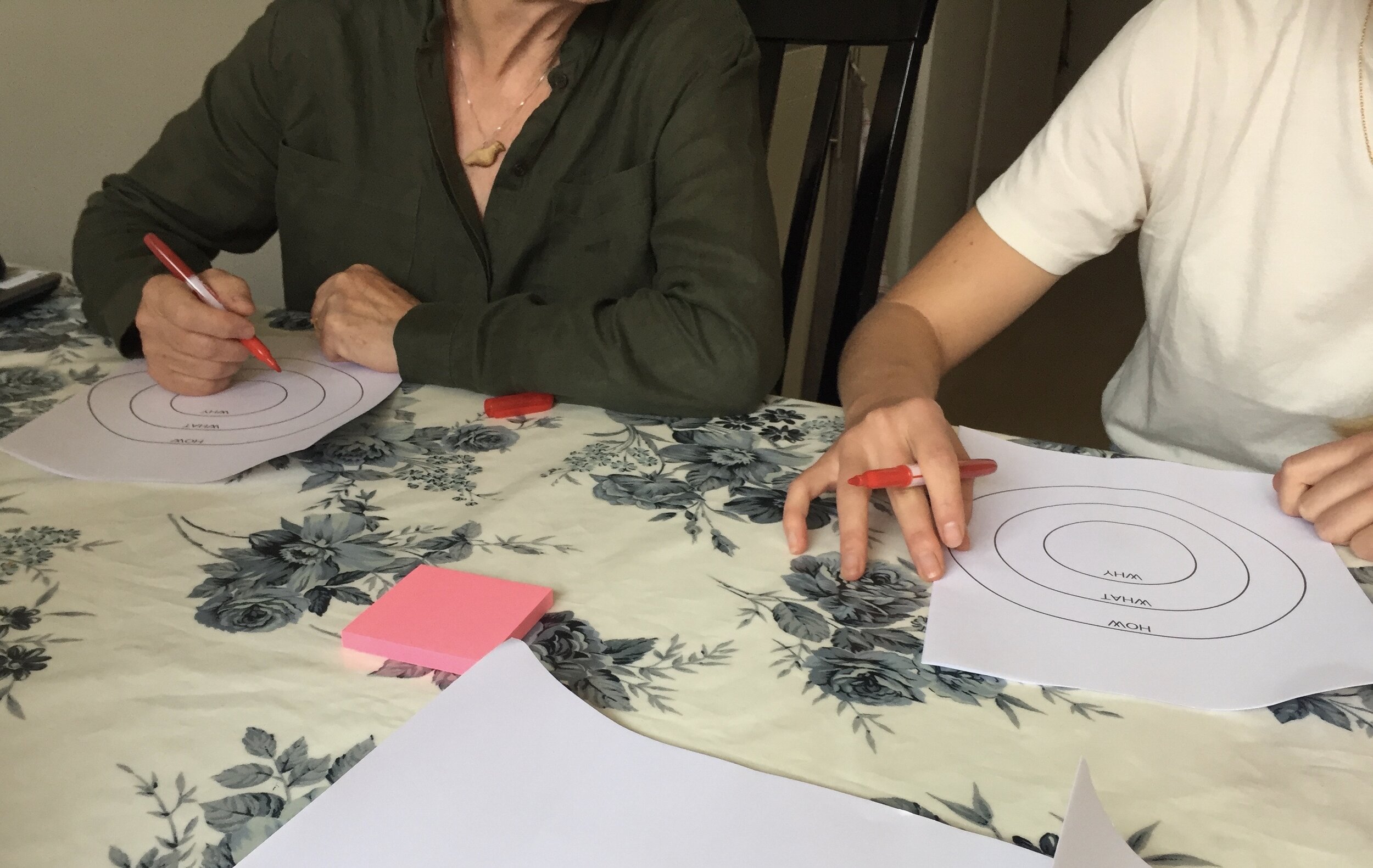Sexual Health.
How to complement the health puzzle and contribute to consultation practice to identify and support young people at sexual risk?
Consolidating scientific evidence with consultation experiences (and vice versa) can assist in asking the right questions right.

“Sexual health is a state of physical, mental and social well-being in relation to sexuality. It requires a positive and respectful approach to sexuality and sexual relationships, as well as the possibility of having pleasurable and safe sexual experiences, free of coercion, discrimination and violence.”
WHO - World Health Organisation
An Urge to Digitalise
The project’s representatives wished to get their current questionnaire, targeted at Swedish youth clinics, digitalised. The questionnaire got developed to identify young people at sexual risk - including the ones taking risk and the ones being exposed to it.
Following the Staff’s Journey
After immersion into the context the initial client problem needed to be reframed. The nurses and psychologists working at youth clinics highly appreciated the existence of the questionnaire. However, they were either insecure or dissatisfied about how to integrate the rigid form into their consultation practice.
“We are just working inside the bubble.”
Turning Partner Meetings into Co-Creative Workshops
Consolidating Practice with Evidence (and vice versa)
In an effort to bring the insights from research and the know-how from being with the patient together, we proposed the establishment of a feedback loop. Scientific evidence can assist in asking the right questions and empathy triggers open and trustful conversations. The feedback system and its requirements for implementation were included into the project’s teaching material.



An exhibition at GoCo Health Innovation City in Gothenburg aimed to complement the health puzzle. Sexual health is essential to one’s overall health. The poster intended to (self-) reflect on this potential lack of insight.
Lessons Learned: Try to get as close to the research targets as you can without ever compromising their integrity.
Next Steps: How to develop a sensible (digital) tool for self-reflection and self-assessment?
Collaborators: Esther Svensson, William Sanderson as well as Karin Stenqvist and Sofia Hammarström from the Knowledge Center for Sexual Health of Västra Götalandsregionen
Pictures: Jessica Litzel
